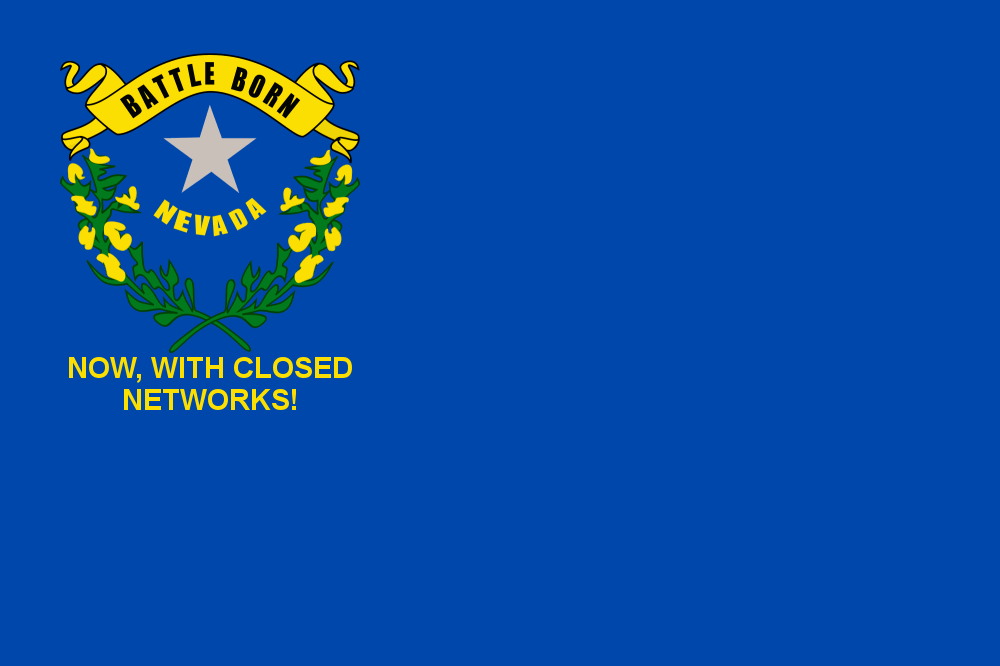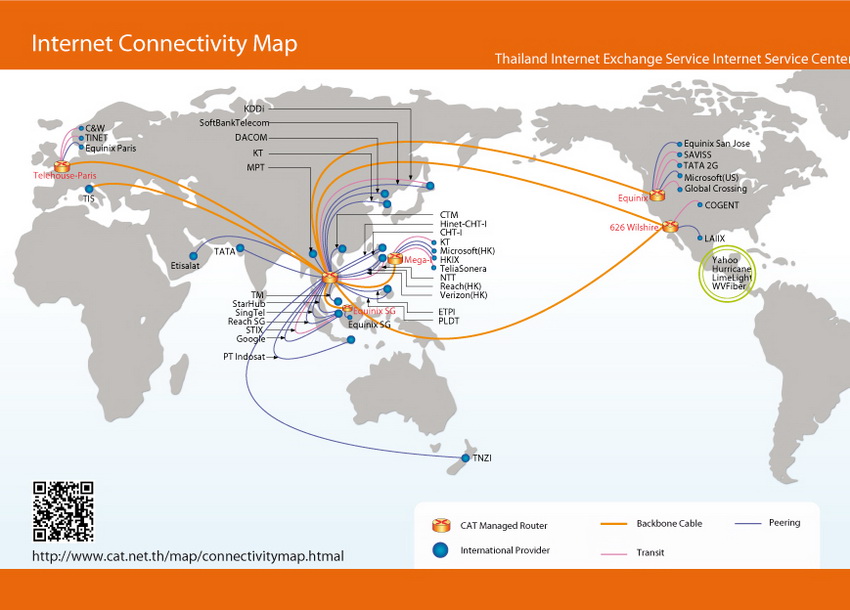Nevadanet!

Not really. But there is a mention on USA Today of two Nevada politicians, Paul Anderson and Mo Denis, who want to ensure any state governmental data stays within the borders of the state. Meaning, a Nevada email that’s going to a Nevada email address would remain entirely within Nevada’s infrastructure.
I suspect they aren’t terribly familiar with how this kind of thing works, as evidenced by the plan itself. I understand their concern, especially since Edward Snowden very recently told John Oliver that an email whose source and destination were in New York could be routed around the world first. That’s not true, first of all, routing is meant to reduce the steps it takes for a packet to get to a destination, and even if it were, as long as it were encrypted – which it should be – it would likely be fine. That a message might go out of state to switch over from one provider (say, Cox) to another (Say, Clear) is just not a big deal. That’s called peering, in which one company’s network physically connects to another, if you’re interested.
The big backer is Switch Networks, a Nevada-based data center/colocation facility/cloud services company that would benefit from such a mandate, and has contributed significantly to both politicians, but that would also create a single point of failure, which is a major security/stability issue and one of the things that the architecture of the Internet is meant to avoid.
It is also important to avoid silos, to use a term brought up in the USA Today article. Imagine if every state had their own silos; how long would it be before they had their own browsers, their own apps, their own proprietary technology? And if a silo fails, there’s no redundancy, no failsafe, and that’s a problem.
But I understand the motivation behind it, it’s just a worrisome solution being proposed. Nice to see Nevada in the news, though, I suppose.

